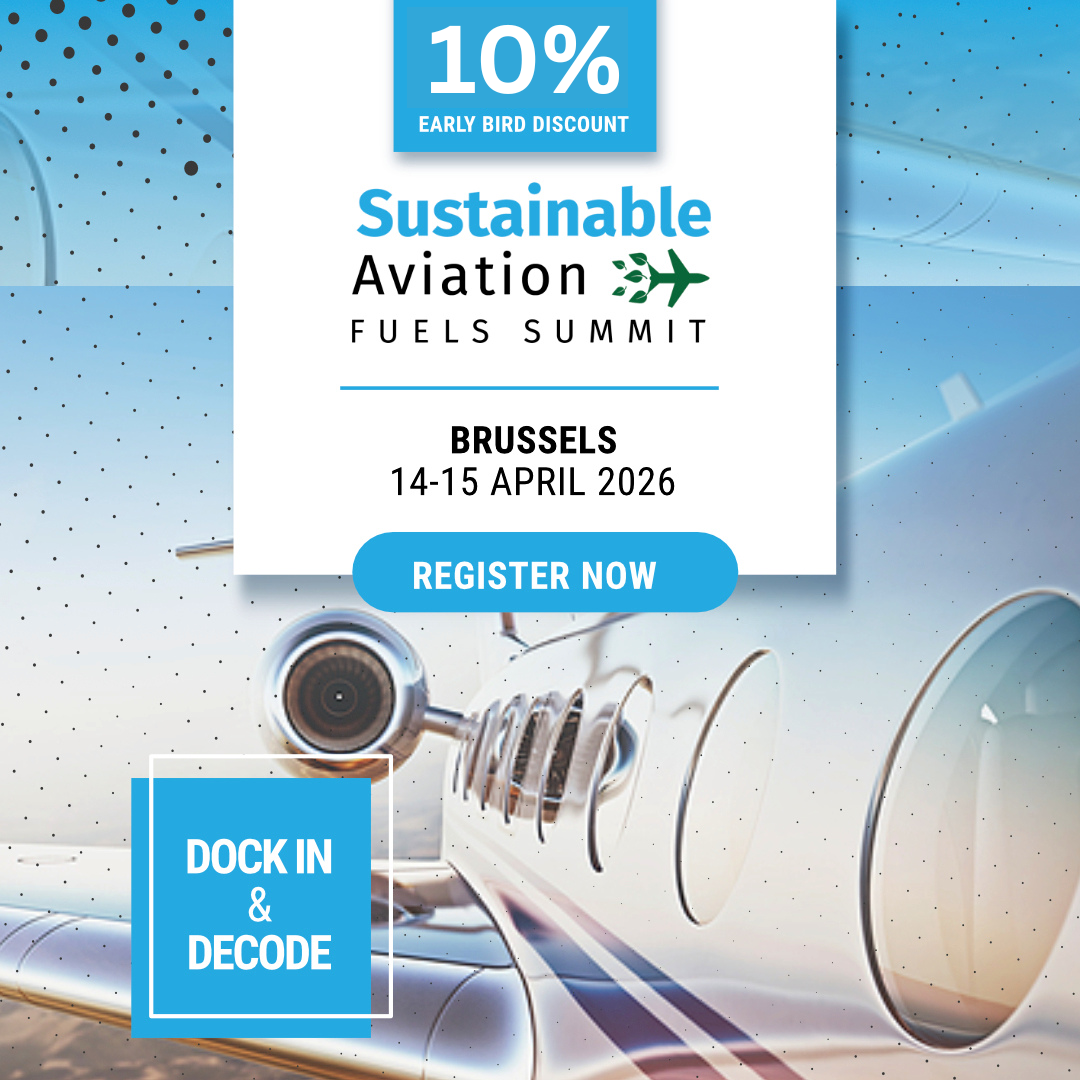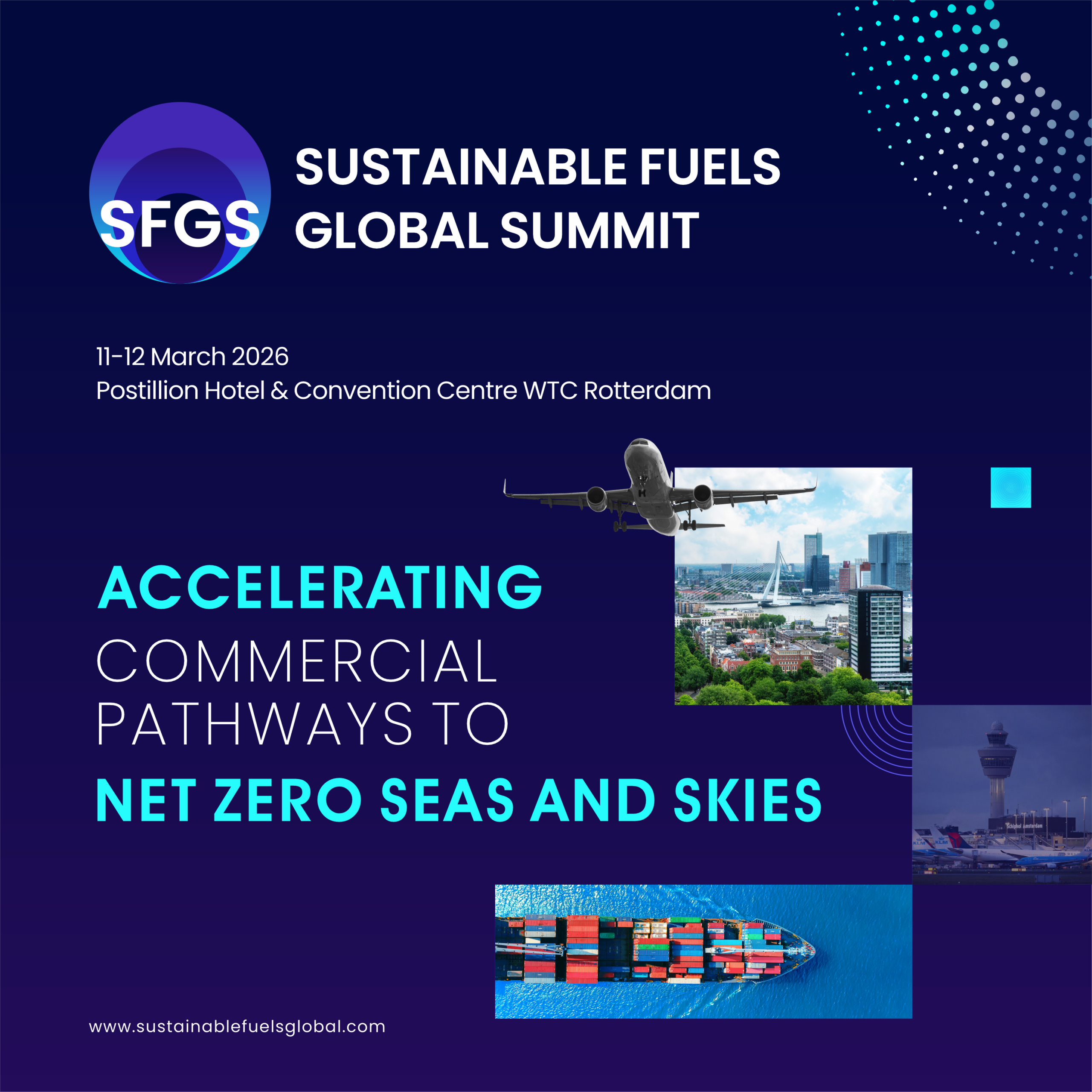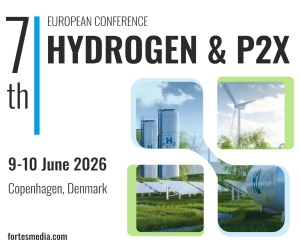Irish Direct Air Capture (DAC) company, NEG8 Carbon, has signed a contract for Phase 1 of a major project in the UK to develop large-scale sustainable aviation efuel (eSAF) production using a low-carbon energy source. This paves the way for economic production of eSAF at scale, which is critical for decarbonisation of the aviation industry.
The CO₂ provided via DAC will be combined with green hydrogen and nuclear-generated electricity to create eSAF in a specialised process. The eSAF produced will save over 90% emissions compared to traditional jet fuel and will comply with international SAF mandates.
The project, known as Eq.flight, will be led by Equilibrion who are pioneering the drive to decarbonise aviation using low-carbon nuclear energy through small and advanced modular reactors.
Equilibrion was awarded £1 million (€1.1 million) for Phase 1 of the Eq.flight project as part of the UK Department of Transport’s Advanced Fuel Fund (AFF) 2025 investment of £63m (€71 million) in 17 clean aviation initiatives, bringing to £198m (€224 million) the total value of state investment in this area since 2022.
NEG8 Carbon’s DAC technology is particularly suitable for this project as it uses low-carbon heat and electricity from nuclear, which greatly reduces the cost and increases efficiency of the DAC process.
NEG8 Carbon founder & managing director, Ray Naughton, says: 'This positions NEG8 Carbon as one of the leaders in the field to produce Sustainable Aviation Fuel using Direct Air Capture of CO₂. The potential in this market is driven by the EU and UK government mandates to airlines to use more SAF in their fuel mix progressing to 70% in the EU by 2050.'
Philip Rogers and Caroline Longman, co-founders and directors at Equilibrion adds: 'We are committed to developing solutions that enable the aviation sector to offer lower emission flights to customers around the world by leveraging low-carbon nuclear electricity and heat. Power-to-liquids powered by advanced nuclear reactors offers the potential for the scale of production needed to make a major impact on climate change.'
NEG8 Carbon To Develop Large-Scale E-SAF Production











